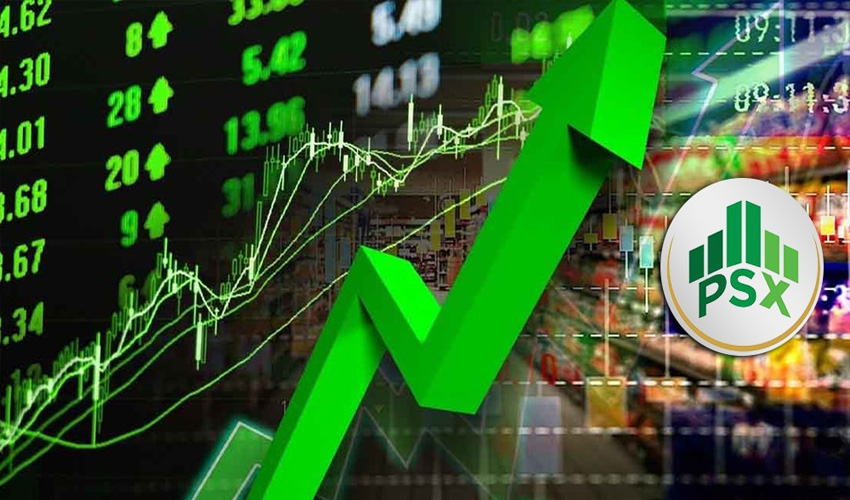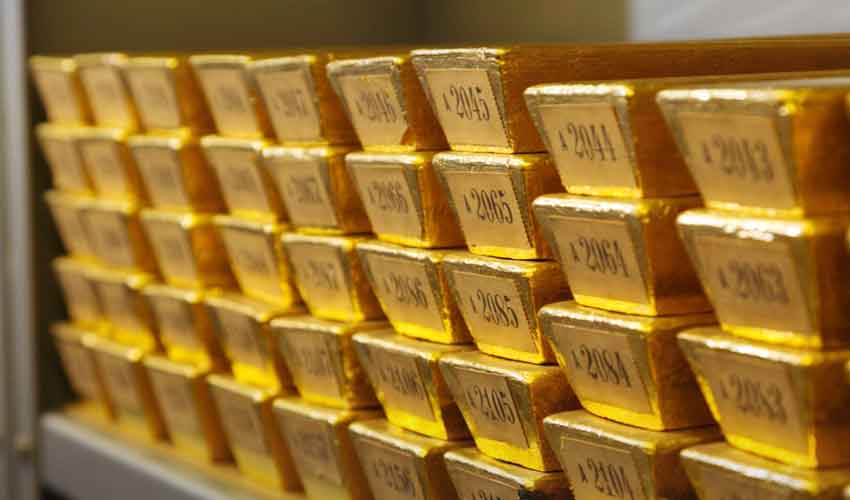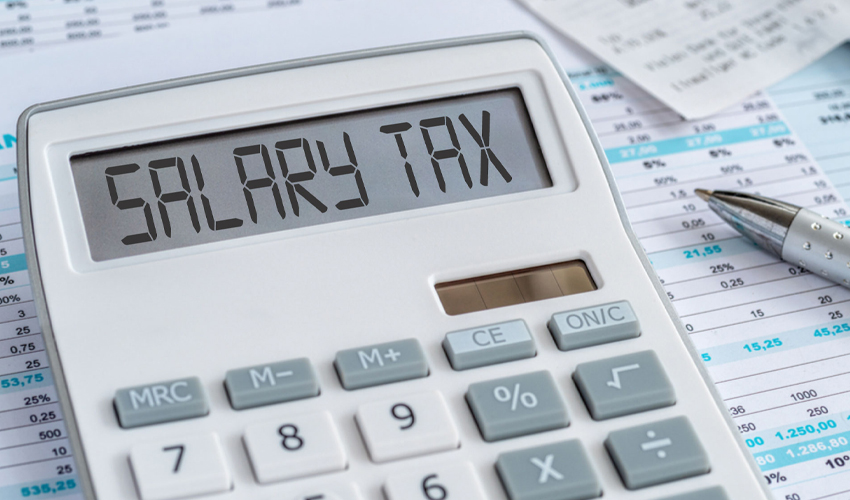The Pakistan Stock Exchange (PSX) saw a strong bullish run on Wednesday as the benchmark KSE-100 Index soared by over 1,300 points in early trading, following the staff-level agreement reached between Pakistan and the International Monetary Fund (IMF).
At 9:20 am, the KSE-100 Index stood at 117,935.80 points, reflecting an increase of 1,302.64 points, or 1.12 per cent.
The rally was fueled by across-the-board buying in key sectors, including automobile assemblers, cement, chemical, commercial banks, oil and gas exploration companies, oil marketing companies, power generation, and refineries.
“Market opened up 1,300 points (1.1%) after IMF staff agreement,” a renowned stock expert noted.
Index-heavy stocks such as OGDC, MARI, PPL, HUBCO, PSO, SNGPL, and SSGC were trading in the green.
IMF agreement unlocks crucial funds
The surge in investor sentiment comes a day after the IMF reached a staff-level agreement with Islamabad for a new $1.3 billion climate resilience loan and completed the first review of the ongoing 37-month bailout programme.
The Washington-based lender, in a statement on Tuesday, confirmed that Pakistan would gain access to an additional $1 billion under the Extended Fund Facility (EFF) once the IMF Executive Board approves the agreement. This would take total disbursements under the bailout programme to $2 billion.
“The IMF team has reached a staff-level agreement with the Pakistani authorities on the first review of the 37-month Extended Arrangement under the EFF, and on a new 28-month arrangement under the IMF’s RSF with total access over the 28 months of around $1.3 billion (SDR 1 billion),” the lender said.
The deal was reached after an IMF delegation, led by Nathan Porter, conducted discussions in Karachi and Islamabad from February 24 to March 14, 2025, followed by virtual negotiations.
Stock market volatility and global cues
The PSX had experienced volatility on Tuesday but managed to recover slightly, closing at 116,633.17 points. Analysts believe the positive momentum will likely continue as investors anticipate further economic stability following the IMF deal.
Globally, Asian markets mirrored Wall Street’s gains, with investors monitoring US trade policy developments. The Nikkei 225 gained 0.35 per cent, while South Korea’s KOSPI rose 0.37 per cent. Hong Kong’s Hang Seng climbed 0.8 per cent, while Chinese blue-chip stocks remained flat.
Investors also reacted to US President Donald Trump’s latest trade directives, which included a delay in some tariffs and the imposition of a 25 per cent secondary tariff on countries purchasing oil or gas from Venezuela.
Meanwhile, oil prices initially rose following concerns over Trump’s policy shift but later stabilized due to US-brokered maritime security deals in the Black Sea amid the ongoing war in Ukraine.



























